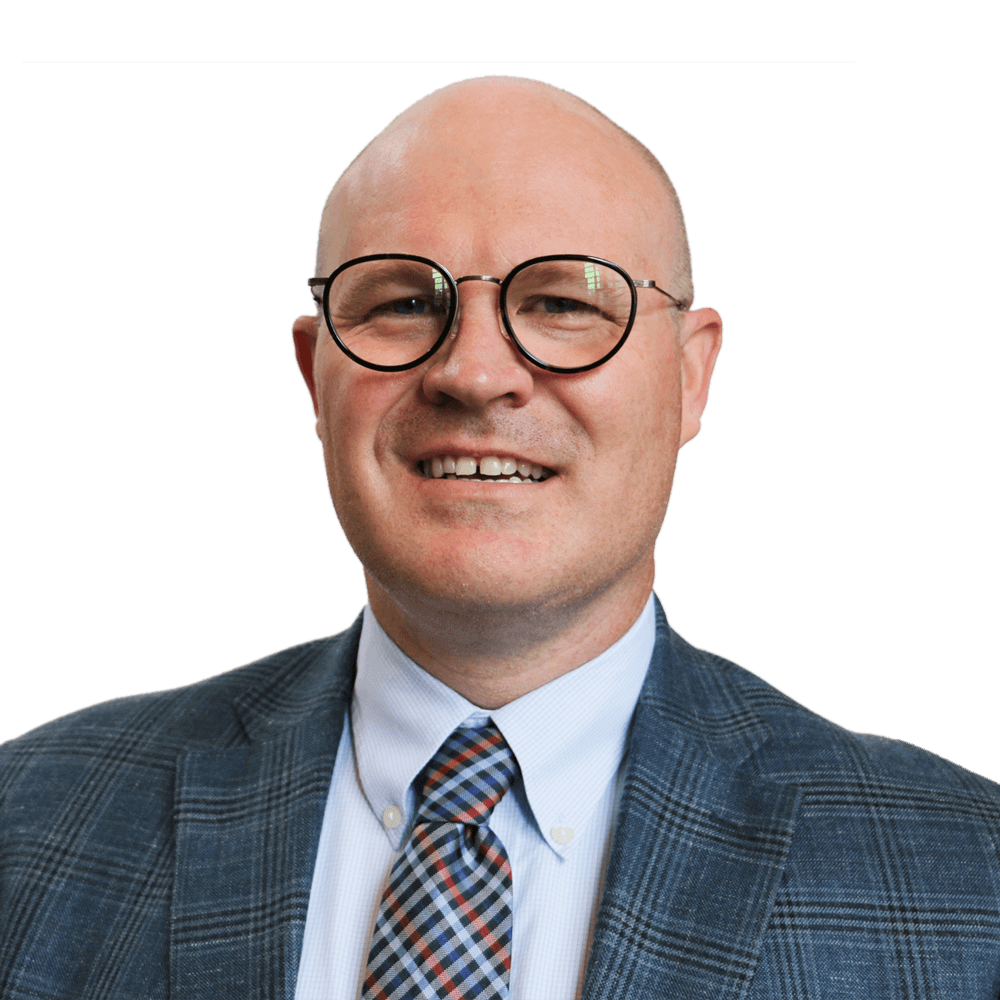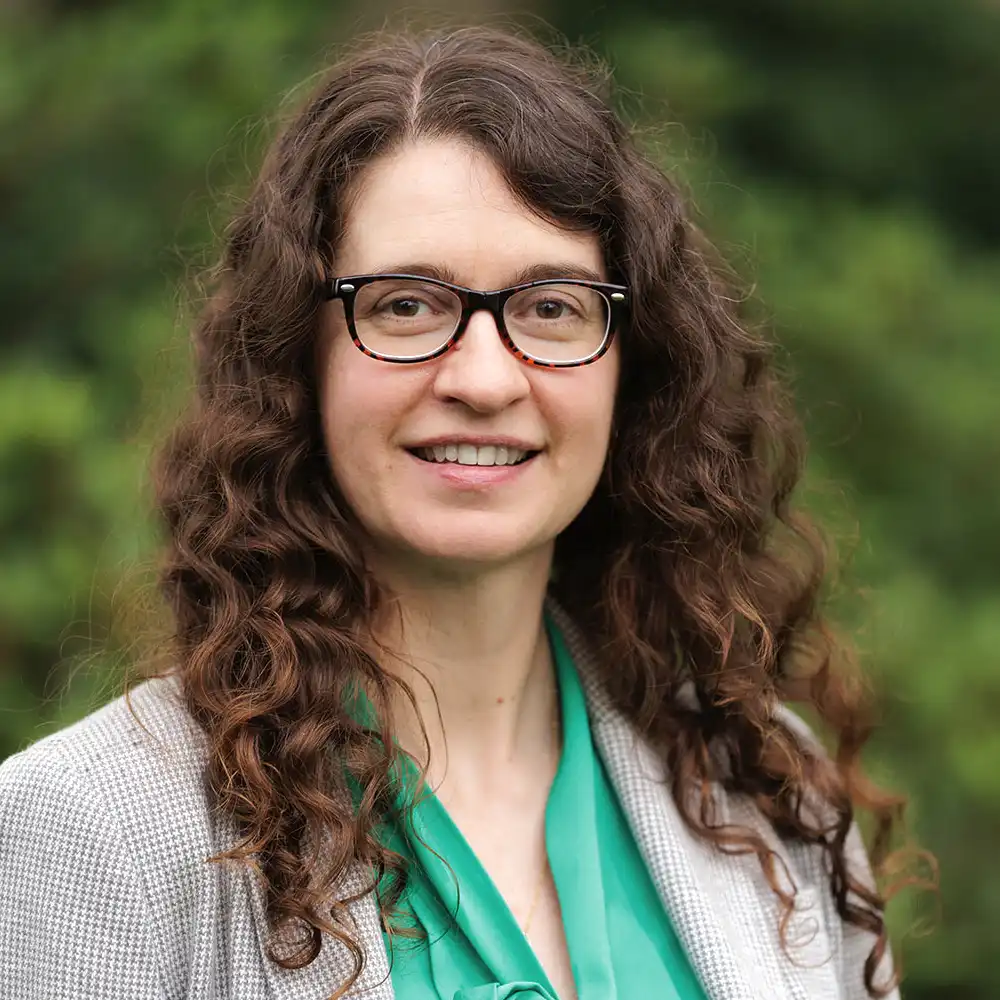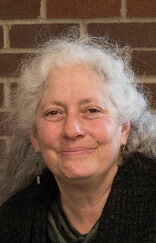On a recent Thursday afternoon, LifePath was abuzz with joyous conversation and laughter, a noticeable change from our typically quiet space. We had recently relocated a number of team members to new workspaces to reconfigure a large swath of our office into a communal gathering space for the Community Engagement Center (CEC). Participants and caregivers were invited to see their new space following a two-week gap in programming, and there was excitement all around as folks reconnected.
The program was scheduled for closure due to lack of sustainable funding. At the last minute, we were awarded a grant from the Alzheimer’s Association Center for Dementia Respite Innovation. The grant goal is to enhance the quality and availability of dementia-specific respite care in Franklin County and the North Quabbin area. This $125,000 award covers one-third of yearly program costs, and we hope to recoup some of the deficit via participant payments, gifts and donations, or other grants.
All CEC participants experience memory loss. The caregivers are spouses, children, and siblings, all doing their best to keep loved ones at home. One interesting dynamic is the incredible commitment of a small group of men who are caregivers for their spouses. The majority of LifePath interactions are with women. Women are more likely to be caregivers, and also more likely to reach out for and admit that they could use help. Men typically have less experience as caregivers, so when a loved one needs assistance, they often don’t know where to turn.
There’s more laughing at home and there’s more openness to laughter, because there’s less tension.
Recently, three spousal caregivers kindly joined me in conversation. Bill Lattrell, Ray Holland, and Jonathan von Ranson shared interesting insights, touching stories, and honest challenges. During the program’s recent downtime, they and their spouses got together outside of the center, creating their own micro-support community. That is our inspiration for the coming year: How do we give caregivers tools, confidence, courage, and empowerment to do this hard work without a formal support system? As they demonstrated, a strong focus on peer support is essential.
All three men came to LifePath through the Dementia Journey program. “The goal of the program is to empower participants with the knowledge, skills, and support they will need to live well with dementia,” says Kate Moriarty, Licensed Social Worker, and LifePath’s Clinical Services Program Director. The program offers practical tools to navigate the journey with increased confidence, less stress, and a focus on quality of life. Participants also work with Dementia Coach Therese Fitzsimmons, MS, who expertly facilitates group sessions, activities, and discussions for people living with dementia and their care partners.
Bill, Ray, and Jonathan generously spoke about their experiences navigating their situations. All acknowledged the difficulty in seeking help and following through. All expressed great appreciation and gratitude to Kate and Therese for helping to teach them about behavior changes coming their way, while providing coping and communication strategies. They also acknowledged the dedication of the CEC team: Program Director Donna Bigelow, LPN; Program Coordinator Sue Lahoski; and Program Assistant Stella King; among others.
Bill said that he figured out in the first conversation that connecting with LifePath in general would be very positive. “The moment I got hooked up, I realized that I could live through this. It’s still hard. It’s never an easy thing. It changed my whole attitude and then I got services from Kate to deal with the emotional stuff. I couldn’t have done this if I hadn’t connected. I’ve learned to take advantage of multiple aspects of the organization. It is hard for me personally to ask for help but everyone I’ve dealt with has made it easy to ask.”
Jonathan had some experience with a community member who had dementia, and then engaged in a local support group. He found this first-hand learning to be helpful. He shared that “we (men) don’t generally ask for help. The encouragement from others helps to build camaraderie. The Good Life newsletter got me involved with the Dementia Journey, and that broke the ice further. It took the mystique away and made it a more positive way to deal. It became almost fun.”
Ray shared that “dementia is an illness, and it has a pattern and a progression. What is my place in it? One of the things I heard was ‘it’s really hard to ask for help’ and I didn’t consciously know that, but when I heard someone say it, I realized how isolated I’d become. My partner had become withdrawn. Being in public was hard for her and the sensation is contagious. It was hard for me to take her out, or to bring people in.”
All agreed that CEC participation makes it easier to communicate at home. Bill said that the program helps his wife “have a better week because she has something to look forward to. She counts the days to the next program. She has the impulse to keep up appearances but the group has normalized the disease and behavior. There’s more laughing at home and there’s more openness to laughter, because there’s less tension. The fluidity of the program transitions into family life, and the program gives her the opportunity to let her hair down.”
This program fills an important role in our community, and is the only one of its kind in our area. Participants come from across Franklin County. Caregivers know that their loved one will be safe and secure, surrounded by attentive staff and others like themselves, where they can be themselves. This type of programming was a top ask from many community members who responded to our recent needs assessment survey.
We do not anticipate funding past June of 2026, so we are doing our best to give caregivers the tools they need to support themselves and one another in the event of program closure. The CEC brings together folks who may have never met, yet who are now sharing their experiences and leaning on one another for support. While the program may be sadly forced to end, these connections are new beginnings.




